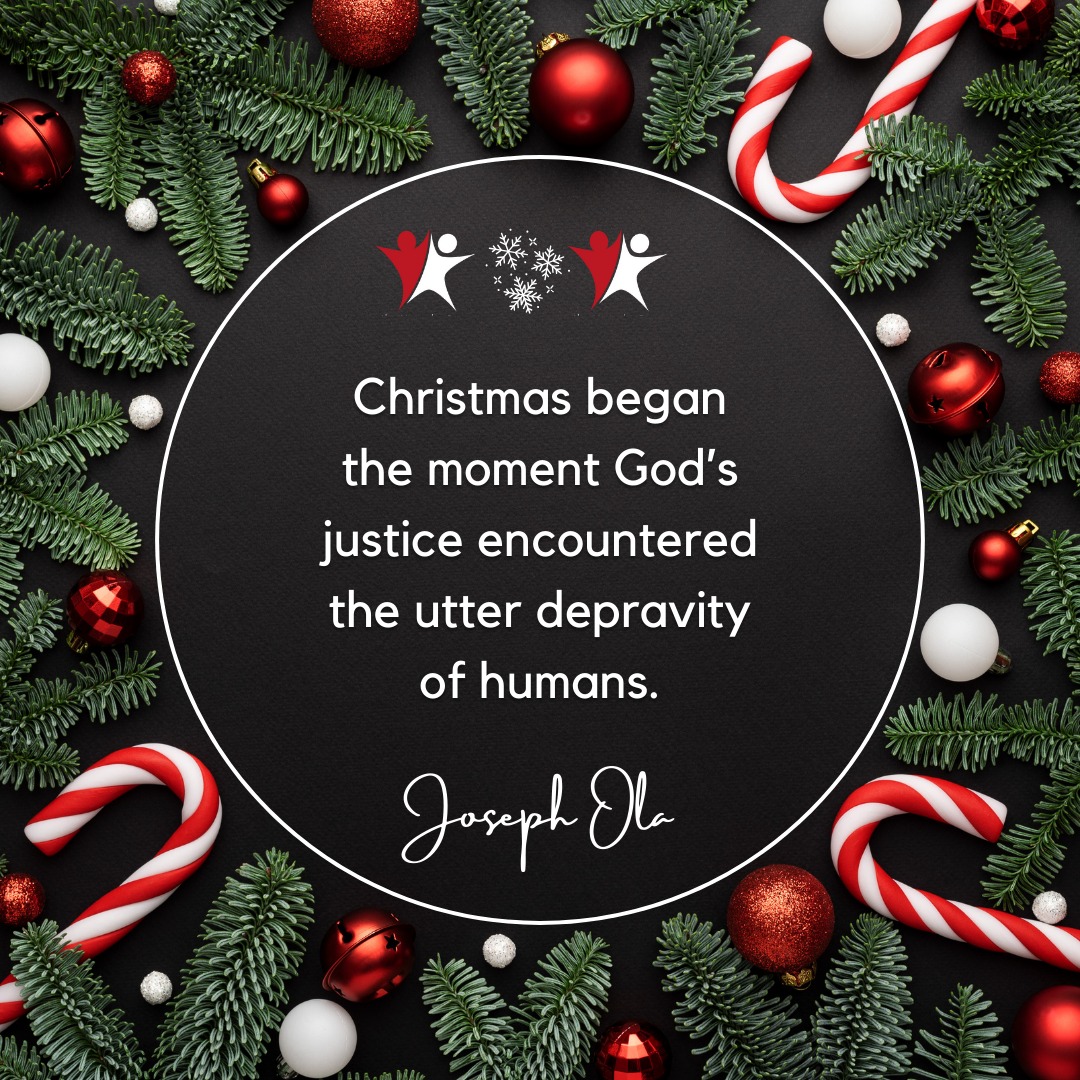12 Days of ChristmasChikamu

A Partridge in a Pear Tree: The Gift of Realization
"The heart is deceitful above all things and beyond cure. Who can understand it? 'I the Lord search the heart and examine the mind, to reward each person according to their conduct, according to what their deeds deserve.' Like a partridge that hatches eggs it did not lay are those who gain riches by unjust means." – Jeremiah 17:9-11 (NIV)
On the first day of Christmas,
My true love sent to me a partridge in a pear tree.
Interestingly, this symbolic bird reminds us of two key themes in Scripture: God’s justice and humanity's self-deception. In Jeremiah 17:9-11, the prophet uses the image of a partridge hatching eggs it did not lay to reflect the folly of unjust gain. This image reveals God as a righteous Judge who discerns all hearts and actions, contrasting sharply with the deceit deeply rooted in the human heart.
The partridge also carries special cultural significance in the Yoruba traditions of southwestern Nigeria, where many proverbs compare it with the dove—a bird symbolizing purity and the Holy Spirit in Scripture. In one proverb, the partridge’s arrogance prevents it from learning wisdom from the dove. How true this is of our human nature! Left to ourselves, as Paul wrote, "No one is righteous—not even one” (Romans 3:10-12). Our own “wisdom” often blinds us to God’s truth and leads us toward self-destruction.
Even more, the Yoruba word for partridge, àparò, hints at our vulnerability: à-pa-rò implies "something or someone easily killed and boasted about by their killer." This characteristic of being an easy prey echoes in 1 Samuel 26:20, where David, in fleeing from King Saul, likens himself to a hunted partridge, utterly dependent on God for protection and deliverance.
Just as the partridge is seen as habitually unclean in Yoruba proverbs, so humanity, stained by sin, stands apart from the holiness of God. But God’s justice demanded a response, and this is where the Christmas story begins. God’s justice, confronted with humanity’s brokenness, required a sacrificial answer—a Savior. The reason for Jesus' birth was to fulfill this divine justice, paying the penalty our sin deserved. Without this, forgiveness would compromise God's justice, for “the wages of sin is death” (Romans 6:23).
The gift of a partridge in a pear tree, then, is a gift of realization. As we consider the partridge, we’re reminded of our tendency toward self-deception, God’s perfect justice, and our need for redemption. Christmas brings that hope, for in Christ’s coming, the justice of God met His boundless love, providing a way for us to be made clean and whole.
Over to You:
- Reflect on the symbolism of the partridge. How do you see yourself in this imagery?
- How does recognizing God's justice and our need for redemption deepen your appreciation for the gift of Christmas?
Further Scripture References:
- Romans 3:10-12; Romans 6:23; Isaiah 9:6
Prayer:
Heavenly Father, thank You for revealing to us the depth of our need and the richness of Your justice. As we reflect on the partridge and its symbolism, help us to see our own hearts clearly and to recognize the amazing gift of Your Son, born to satisfy justice on our behalf. Draw us near to You this Christmas and always, and teach us to walk in Your truth. In Jesus’ name, Amen.

Zvinechekuita neHurongwa uhu

This thirteen-day devotional profoundly explores the timeless message embedded within a beloved Christmas carol. By blending biblical wisdom with cultural proverbs and heartfelt prayer, each day invites you to experience a renewed appreciation for the season and a deeper connection with the "True Love" who gives us the gift of Himself.
More









